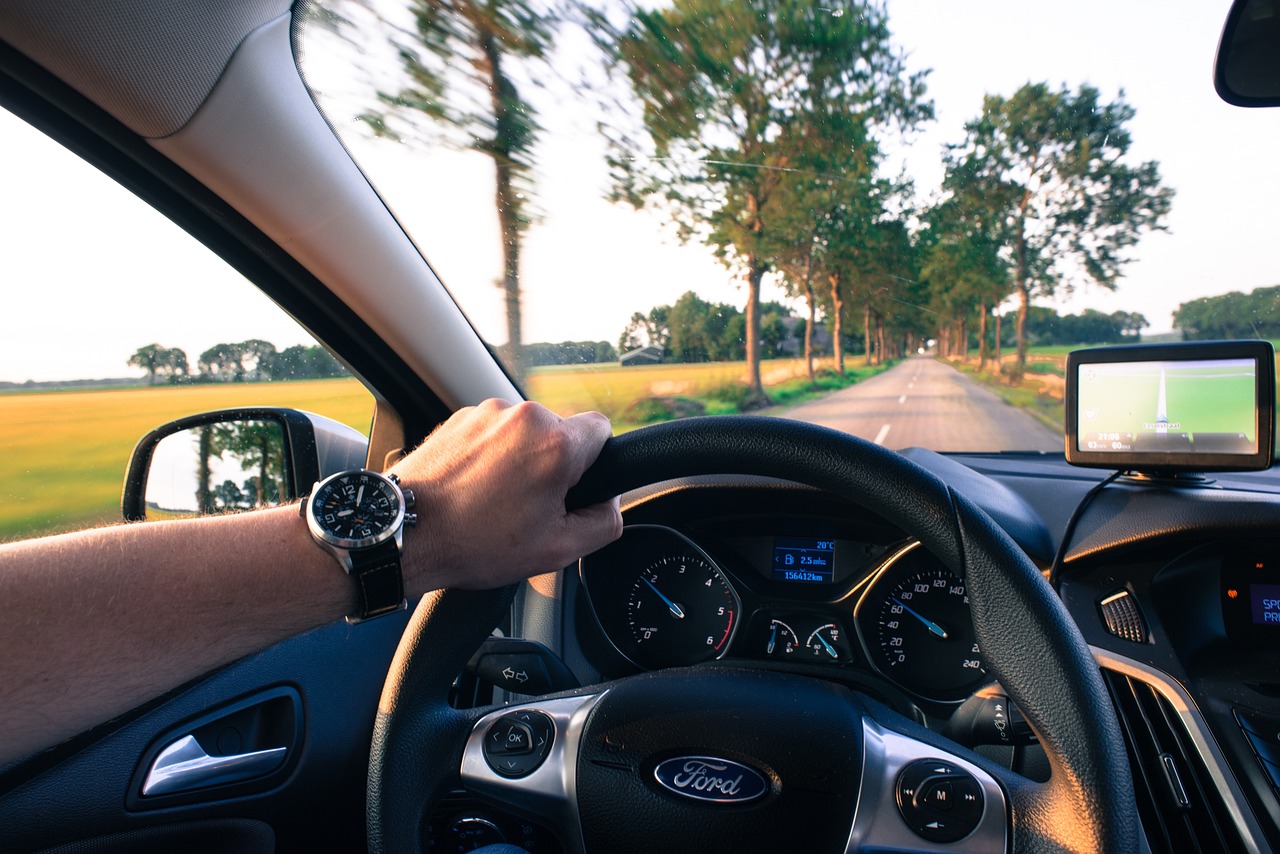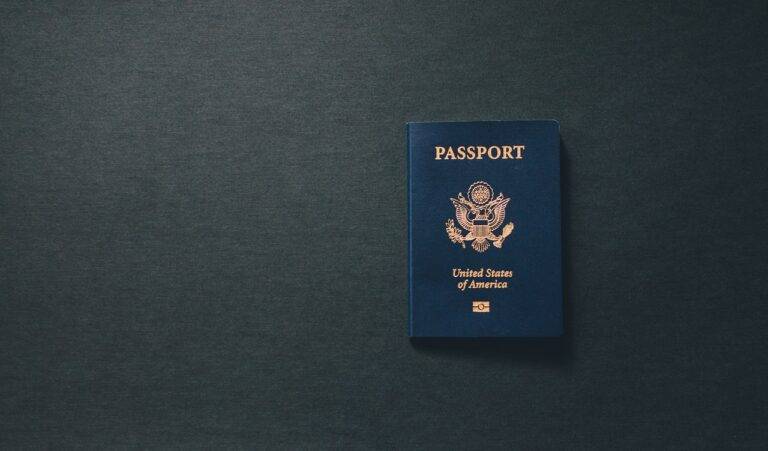The Intersection of Travel and Technology: How AI is Revolutionizing the Industry
In recent years, the travel industry has undergone significant changes with the advent of new technologies such as Artificial Intelligence (AI). From AI-powered chatbots to personalized recommendations, AI is revolutionizing the way we plan, book, and experience travel. In this article, we will explore how AI is reshaping the travel landscape and what the future holds for this exciting intersection of technology and travel.
AI-Powered Chatbots: Enhancing Customer Service
One of the most noticeable impacts of AI in the travel industry is the rise of AI-powered chatbots. These virtual assistants are deployed by airlines, hotels, and travel agencies to streamline customer service and provide real-time assistance to travelers. Chatbots use natural language processing and machine learning algorithms to understand and respond to customer queries efficiently. They can help with booking flights, checking-in, changing reservations, and providing information about destinations.
For example, airlines like KLM and Lufthansa have implemented chatbots on their websites and social media platforms to assist customers with flight bookings and travel-related inquiries. These chatbots can provide personalized recommendations based on the traveler’s preferences and past booking history. They can also handle multiple customer queries simultaneously, reducing the wait time for travelers and improving overall customer satisfaction.
Personalized Recommendations: Tailoring Travel Experiences
Another way AI is revolutionizing the travel industry is through personalized recommendations. AI algorithms analyze large datasets of traveler preferences, behaviors, and feedback to offer tailored suggestions for flights, accommodations, activities, and dining options. By leveraging machine learning techniques, travel platforms can create personalized itineraries that match the traveler’s interests, budget, and schedule.
For instance, online travel agencies like Expedia and Booking.com use AI to recommend hotels and vacation packages based on the traveler’s search history and previous bookings. These platforms employ collaborative filtering and content-based recommendation systems to deliver relevant suggestions to each user. By personalizing the travel experience, AI enables travelers to discover new destinations, experiences, and services that align with their preferences.
Optimized Pricing Strategies: Maximizing Revenue
In addition to enhancing customer service and personalizing recommendations, AI is also reshaping pricing strategies in the travel industry. Airlines, hotels, and online travel agencies use AI algorithms to optimize pricing based on factors like demand, competition, and customer behavior. By analyzing historical data and market trends, AI can predict price fluctuations, adjust rates in real-time, and offer dynamic pricing for flights and accommodations.
For example, airlines use AI-powered revenue management systems to forecast demand for different routes and adjust ticket prices accordingly. These systems consider factors like day of the week, time of booking, and seasonality to set optimal prices that maximize revenue. Hotels also leverage AI to adjust room rates based on occupancy levels, competitor pricing, and guest preferences. By adopting dynamic pricing strategies, travel businesses can stay competitive, increase sales, and enhance profitability.
Enhanced Safety and Security: Ensuring Traveler Well-Being
AI technology is also being utilized to enhance safety and security for travelers. From biometric identification to predictive analytics, AI solutions are being deployed to prevent risks, mitigate threats, and ensure the well-being of travelers during their journeys. Airlines, airports, and hotels use AI-powered systems to detect suspicious activities, screen for potential threats, and respond to emergencies effectively.
For instance, airports are implementing AI-powered facial recognition systems for faster and more accurate passenger identification. These systems can streamline the check-in process, enhance border security, and reduce the risk of identity theft. Hotels are also exploring AI-driven solutions for guest safety, such as smart room key cards, voice-controlled assistants, and in-room sensors for monitoring guest movements. By prioritizing safety and security, travel businesses can build trust with travelers and provide a more secure and reliable travel experience.
Future Trends: The Evolution of AI in Travel
As AI continues to reshape the travel industry, several emerging trends are shaping the future of travel technology. From the rise of virtual reality to the use of predictive analytics, AI is driving innovation and transforming every aspect of the travel journey. Here are some key trends to watch in the coming years:
1. Virtual Reality (VR) Experiences
Virtual reality technology is becoming increasingly popular in the travel industry, allowing travelers to explore destinations and accommodations in a virtual environment. Travel brands are leveraging VR to showcase immersive experiences, offer virtual tours, and engage customers with interactive content. By creating realistic 3D simulations, VR enables travelers to preview destinations, hotels, and attractions before booking their trips.
2. Predictive Analytics for Personalization
AI-powered predictive analytics are being used to anticipate traveler behavior, preferences, and needs. By analyzing historical data and trends, travel platforms can predict future demand, optimize inventory, and tailor marketing campaigns to individual customers. Predictive analytics can help travel businesses understand traveler preferences, recommend personalized experiences, and deliver targeted offers that drive conversions.
3. Robotics and Automation in Hospitality
The hospitality industry is embracing robotics and automation to enhance guest experiences and streamline operations. Hotels are deploying robots for room service delivery, concierge services, and housekeeping tasks. By automating routine tasks, hotels can reduce costs, improve efficiency, and provide a seamless and contactless experience for guests. Robotics and automation are also being used for sanitization and cleanliness protocols to ensure a safe environment for travelers.
4. Hyper-Personalized Travel Experiences
AI algorithms are enabling travel brands to offer hyper-personalized experiences that cater to individual preferences and lifestyles. By leveraging data analytics and machine learning, businesses can create tailored itineraries, recommend unique activities, and anticipate traveler needs in real-time. Hyper-personalization allows travel companies to build stronger relationships with customers, increase loyalty, and differentiate their offerings in a competitive market.
5. Sustainability and Green Travel
AI technology is being harnessed to promote sustainability and eco-friendly practices in the travel industry. From carbon footprint tracking to green initiatives, AI solutions are helping travel businesses reduce their environmental impact and support responsible tourism. By analyzing data on energy consumption, waste management, and emissions, AI can identify opportunities for sustainability improvements, optimize resource allocation, and promote eco-conscious travel choices.
Conclusion
As AI continues to revolutionize the travel industry, businesses must embrace innovation and adapt to the evolving landscape of travel technology. By leveraging AI-powered solutions, travel companies can enhance customer service, personalize recommendations, optimize pricing strategies, and ensure safety and security for travelers. The intersection of travel and technology is shaping the future of travel, offering new opportunities for businesses to innovate, differentiate, and provide exceptional experiences for travelers around the world.
FAQs:
Q: How is AI being used in the travel industry?
A: AI is being used in the travel industry for various applications, including customer service chatbots, personalized recommendations, pricing optimization, safety and security enhancements, and predictive analytics for personalized experiences.
Q: What are some future trends in AI and travel technology?
A: Some future trends in AI and travel technology include virtual reality experiences, predictive analytics for personalization, robotics and automation in hospitality, hyper-personalized travel experiences, and sustainability initiatives for green travel.
Q: How can travel businesses benefit from AI technology?
A: Travel businesses can benefit from AI technology by enhancing customer service, personalizing recommendations, optimizing pricing strategies, ensuring safety and security, and promoting sustainability and responsible tourism practices.
Overall, AI is revolutionizing the travel industry in unprecedented ways, offering new opportunities for innovation, efficiency, and engagement. By embracing AI technology and staying ahead of emerging trends, travel businesses can thrive in an increasingly competitive and dynamic market.





